1. Excessive gas which can be very embarrassing

Image source: Reddit
In addition to swallowing air while eating or drinking, gas in the digestive system can also result from the breakdown of certain foods by bacteria in the colon. This breakdown produces gases like methane, hydrogen, and carbon dioxide, contributing to bloating and discomfort.
2. You're eating your food too quickly

Image source: Reddit
Rapid eating not only increases air swallowing but also reduces the time food spends in the mouth, where initial digestion begins with saliva. Inadequate chewing can make it harder for digestive enzymes to break down food in the stomach and small intestine, potentially leading to fermentation and gas production in the colon.
3. Too much sodium in your daily diet

Image source: USA Today
High sodium levels can disrupt the balance of electrolytes in the body, leading to water retention and bloating. This occurs because sodium attracts water, causing cells to retain excess fluid and leading to bloating and puffiness, especially in the hands, feet, and abdomen.
4. Restrict those carbonated drinks

Image source: Reddit
The bubbles in carbonated beverages release carbon dioxide gas when consumed, which can accumulate in the digestive tract and contribute to bloating and discomfort. If you hold in those burps which are trying to get out, they will travel down and be much more painful.
5. Your stomach can't cope with your overeating

Image source: Reddit
When you consume more food than your stomach can comfortably accommodate, it stretches to accommodate the excess volume. This stretching can trigger signals of fullness and discomfort, leading to bloating and abdominal distension. Remember that saying, "Don't let your eyes be bigger than your belly."
6. Some high fiber foods can be hard to digest
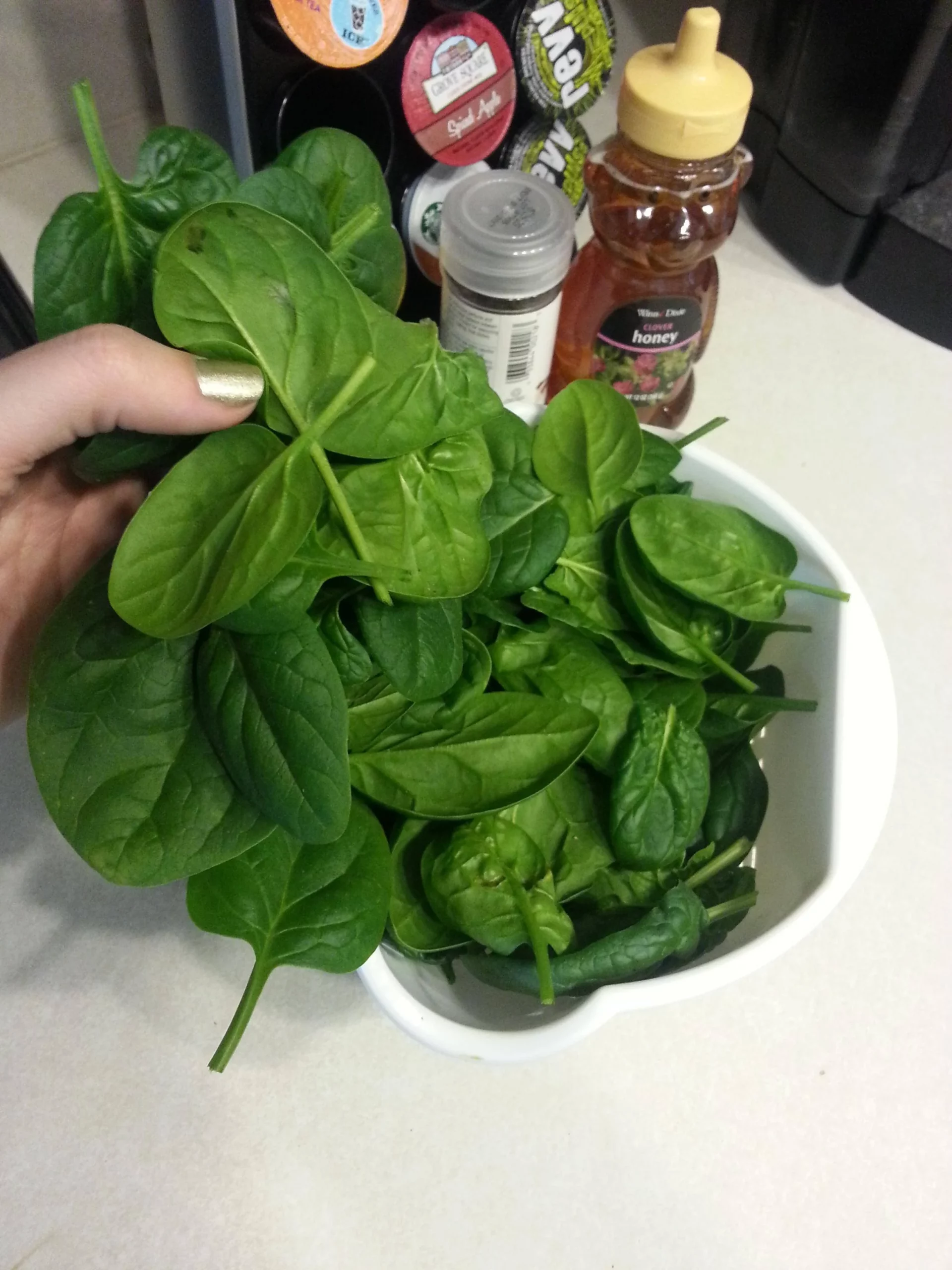
Image source: Reddit
While fiber is beneficial for digestive health, certain types of fiber, such as insoluble fiber found in wheat bran and some vegetables, can be harder to digest. This can lead to gas production and bloating as the fiber moves through the digestive tract.
7. A group of carbs that struggle to be digested - FODMAPs
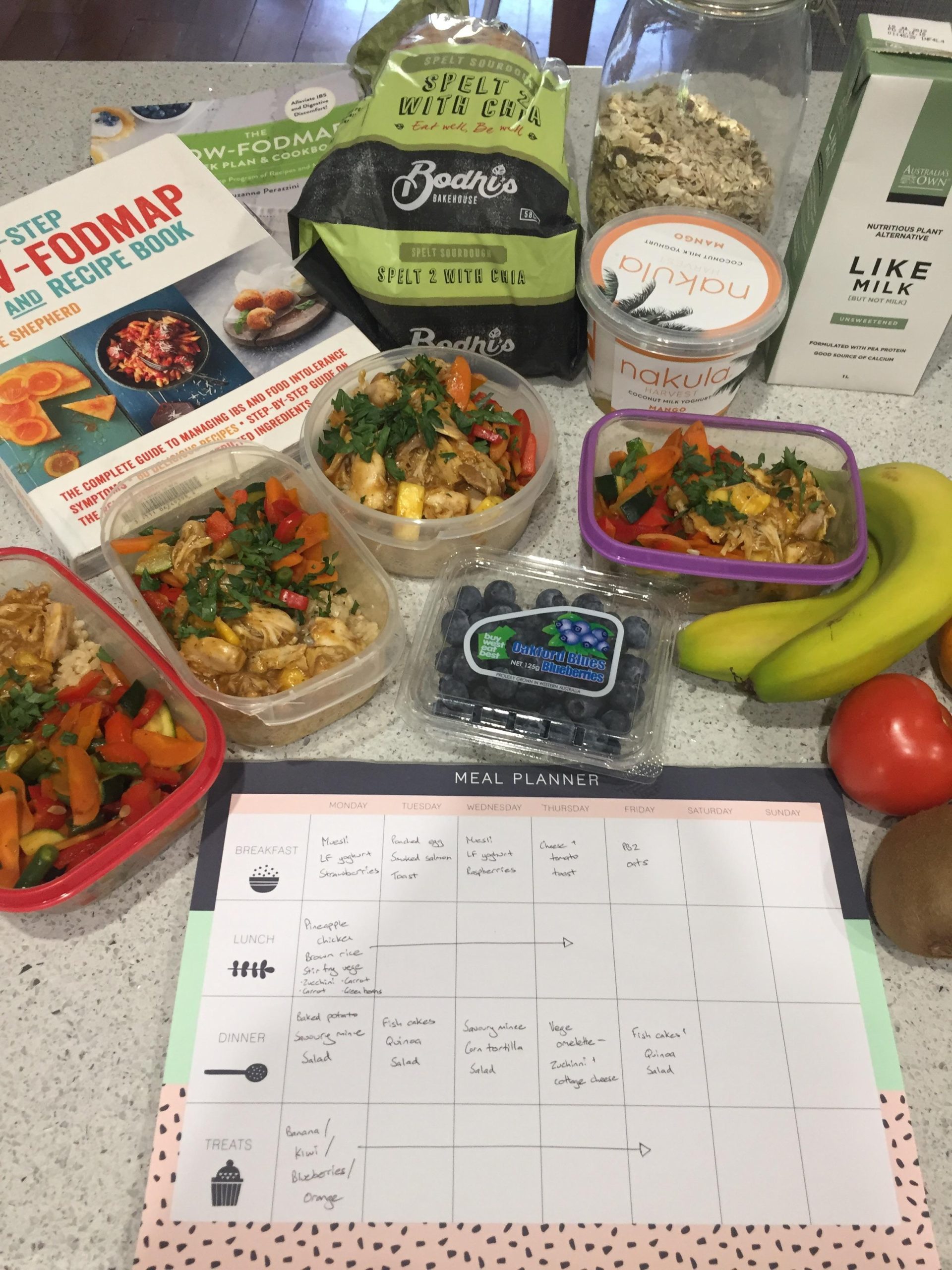
Image source: Reddit
FODMAPs are short-chain carbohydrates that are poorly absorbed in the small intestine and fermented by bacteria in the colon. This fermentation process produces gases like hydrogen and methane, leading to bloating and discomfort, particularly in individuals with sensitivity to FODMAPs.
8. Suffering with constipation
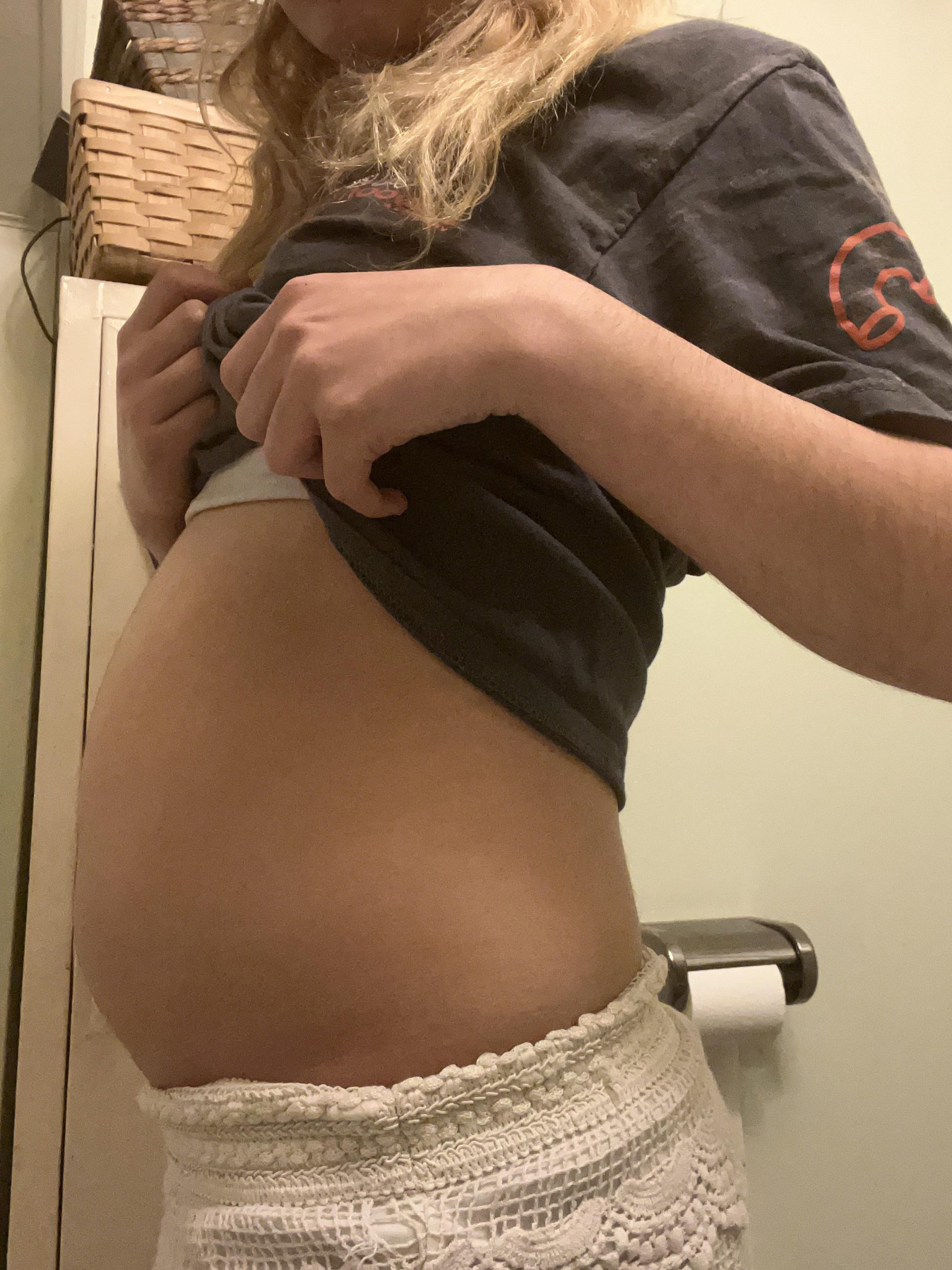
Image source: Reddit
Constipation occurs when bowel movements become less frequent or difficult to pass. Waste material can accumulate in the colon, causing bloating, abdominal discomfort, and a feeling of fullness. Besides the bloating, can feel generally unwell and sluggish.
9. Food intolerances can play havoc with digestion

Image source: Reddit
Food intolerances occur when the body lacks the enzymes needed to digest certain foods properly. For example, lactose intolerance results from insufficient lactase enzyme, leading to bloating, gas, and diarrhea after consuming dairy products. Be mindful of this.
10. Keep away from artificial sweeteners

Image source: Reddit
Artificial sweeteners like sorbitol, mannitol, and xylitol are sugar alcohols that are poorly absorbed in the digestive tract. They can ferment in the colon, leading to gas production, bloating, and discomfort. When you are trying to cut calories, don't attempt it through artificial sweeteners.
11. Hormonal changes for females

Image source: Reddit
Hormonal fluctuations during the menstrual cycle can cause water retention and bloating. Progesterone levels rise before menstruation, leading to fluid retention and abdominal bloating in some women. Women can actually weigh up to 5 pounds heavier during this time.
12.
Certain medications can disrupt balance of gut bacteria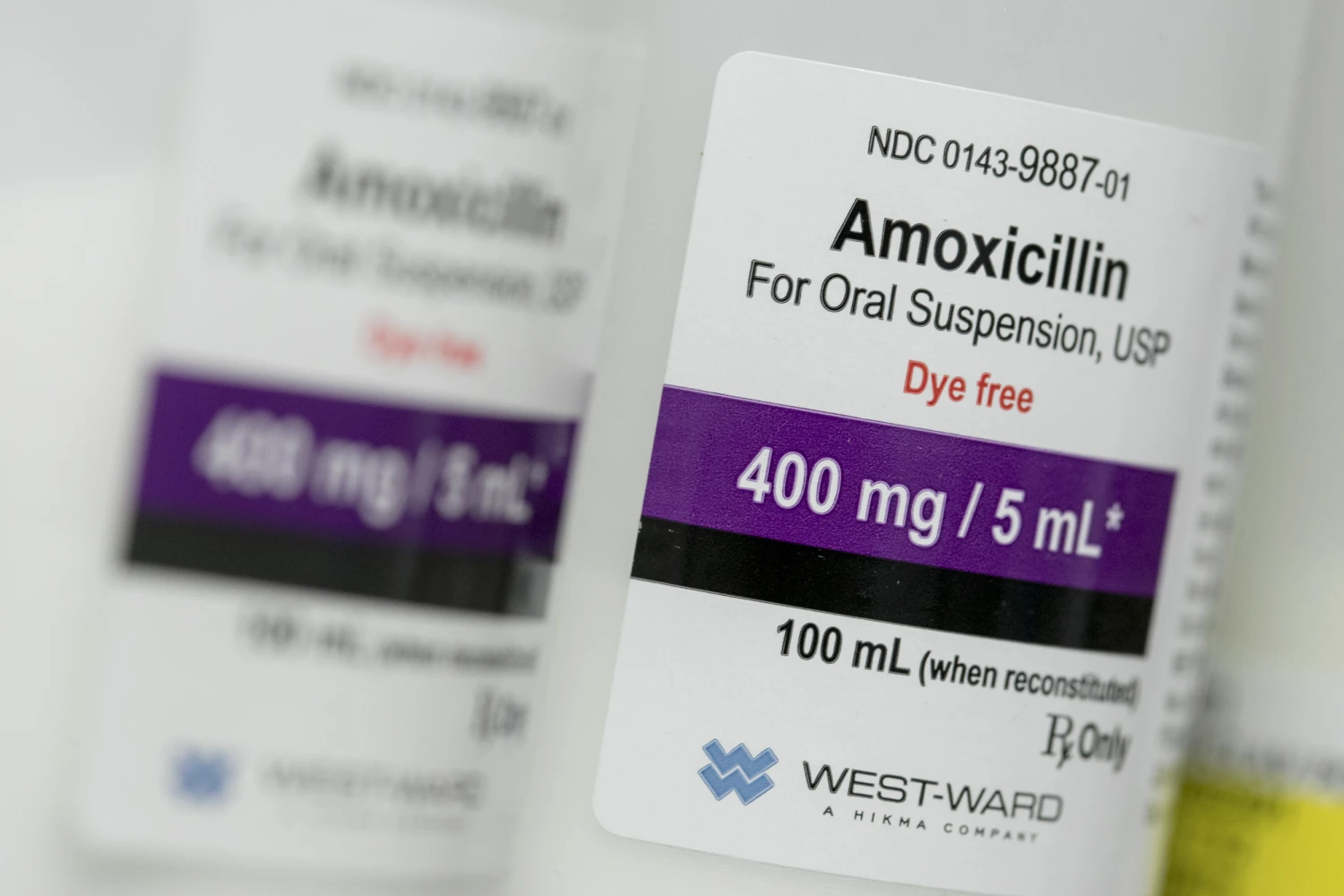
Image source: NBC News
Some medications, such as nonsteroidal anti-inflammatory drugs (NSAIDs), proton pump inhibitors (PPIs), and antibiotics, can disrupt the balance of gut bacteria and lead to bloating and digestive discomfort as a side effect. You may read this in the accompanying medication leaflets.
13. IBS (Irritable Bowel Syndrome)

Image source: Reddit
Digestive disorders like irritable bowel syndrome (IBS), Crohn's disease, ulcerative colitis, and celiac disease can cause chronic bloating due to inflammation, altered gut motility, and impaired nutrient absorption. They can also be extremely painful for the sufferer.
14. SIBO (Small intestinal bacterial overgrowth)

Image source: Reddit
SIBO occurs when there is an overgrowth of bacteria in the small intestine. This can lead to excessive gas production, bloating, diarrhea, and malabsorption of nutrients. You will need medical advice and investigation in order for this to be diagnosed.
15. GERD (Gastroesophageal Reflux Disease)

Image source: Reddit
GERD is a chronic condition characterized by the reflux of stomach acid into the oesophagus. This can cause symptoms like heartburn, regurgitation, and bloating, especially after eating large meals or lying down. Finish your food intake two hours before bed.
16. Swelling and fluid retention due to medical conditions
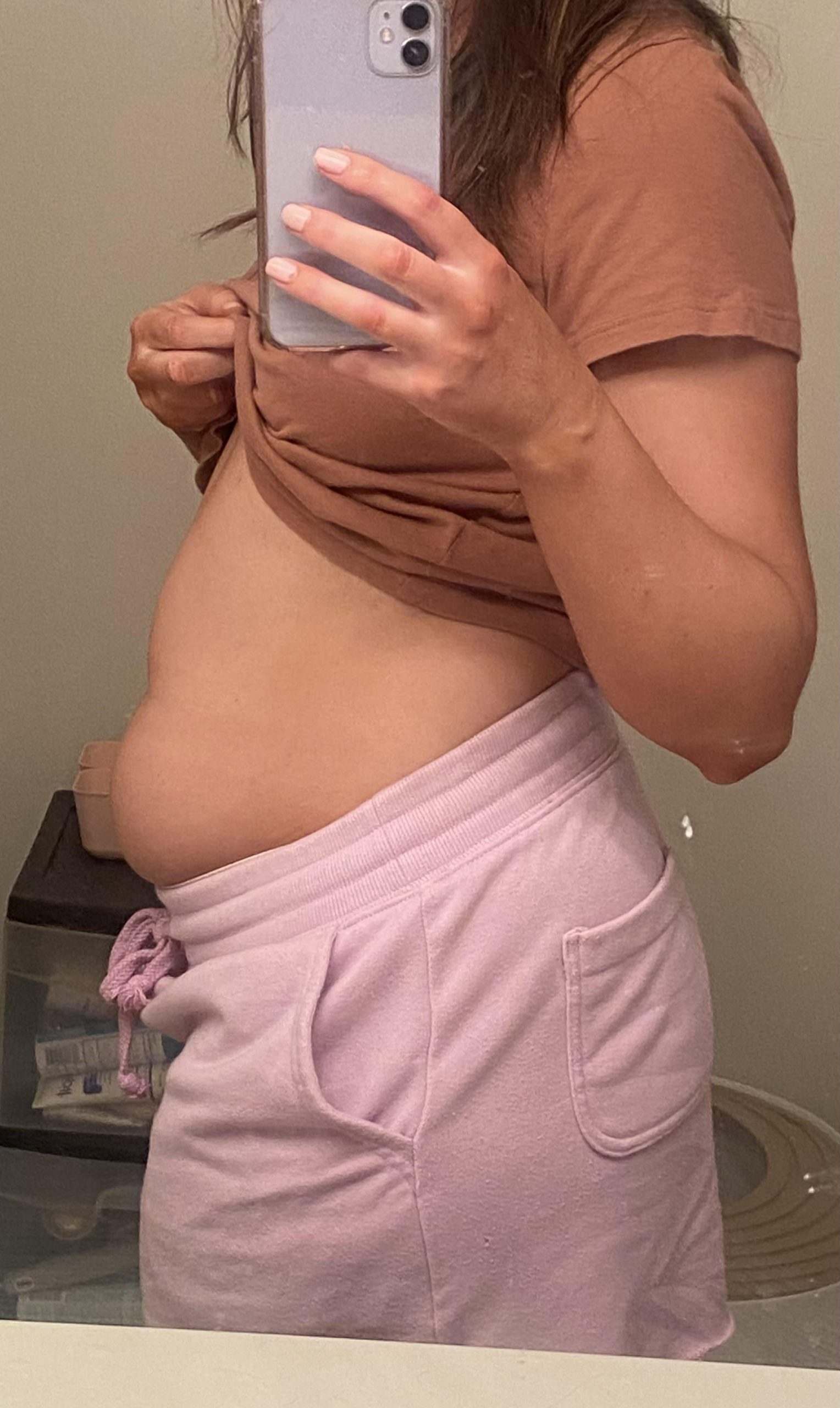
Image source: Reddit
Certain medical conditions like kidney disease, heart failure, and liver cirrhosis can impair the body's ability to regulate fluid balance, leading to swelling and bloating in the extremities and abdomen. Your medical professional can be consulted if this is one of your symptoms.
17. Being stressed or anxious

Image source: USA Today
Stress can activate the body's "fight or flight" response, which can slow digestion and alter gut motility. Chronic stress and anxiety can lead to persistent bloating and digestive discomfort. Even if you are hiding your stress on the outside, your "insides" will know.
18. Are you dehydrated?
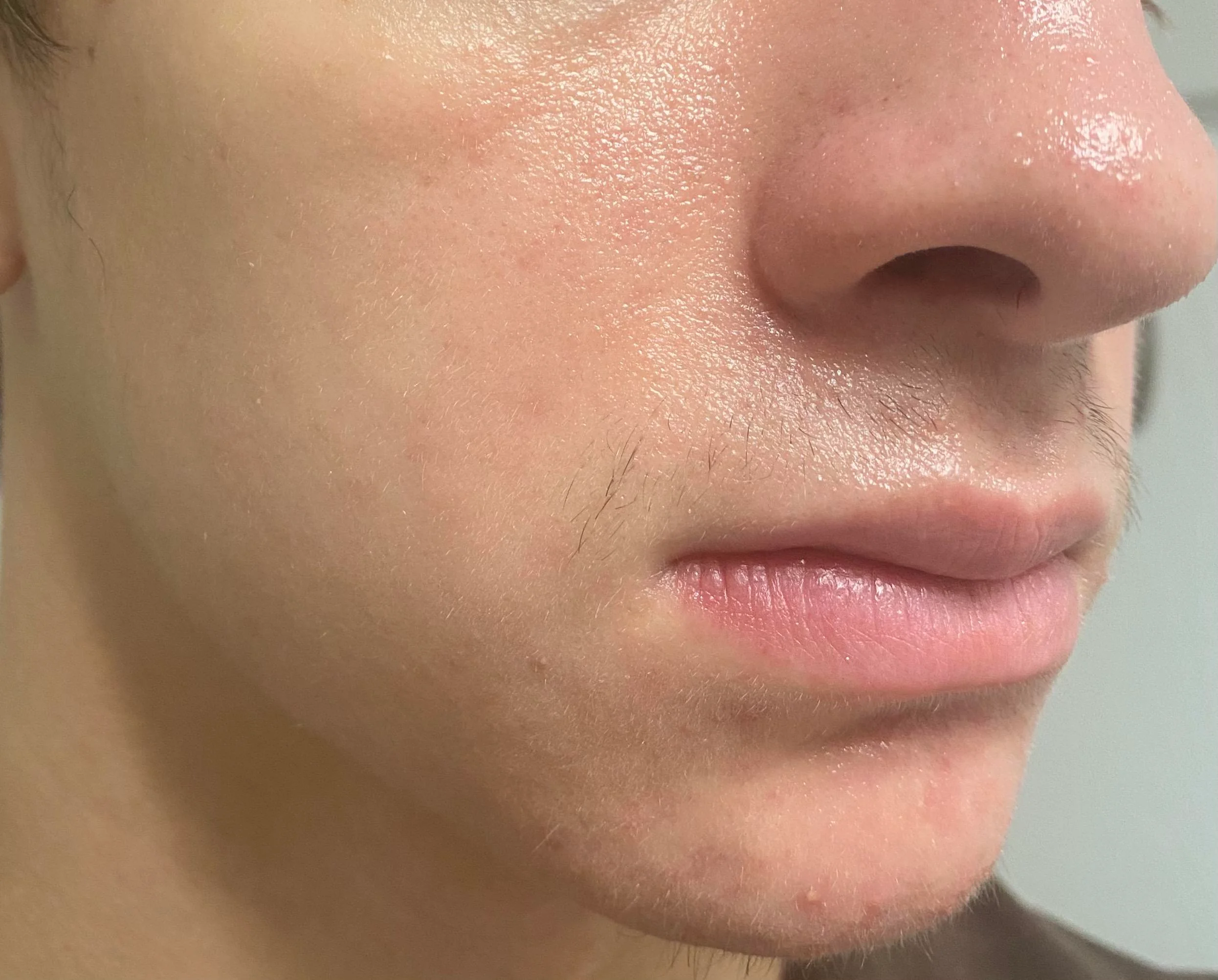
Image source: Reddit
When the body is dehydrated, it may retain water to prevent further water loss. This can lead to bloating, especially if coupled with electrolyte imbalances. Follow the rules of six to eight glasses of water a day. If you struggle with this amount, keep sipping regularly.
19. Another side effect of smoking

Image source: Reddit
Smoking has nothing but a negative impact on the body, as we all know, and the cause of many illnesses. It can even increase the amount of air swallowed, leading to bloating and gas. It can also irritate the digestive tract and worsen symptoms of bloating and indigestion.
20. You may react to certain food additives
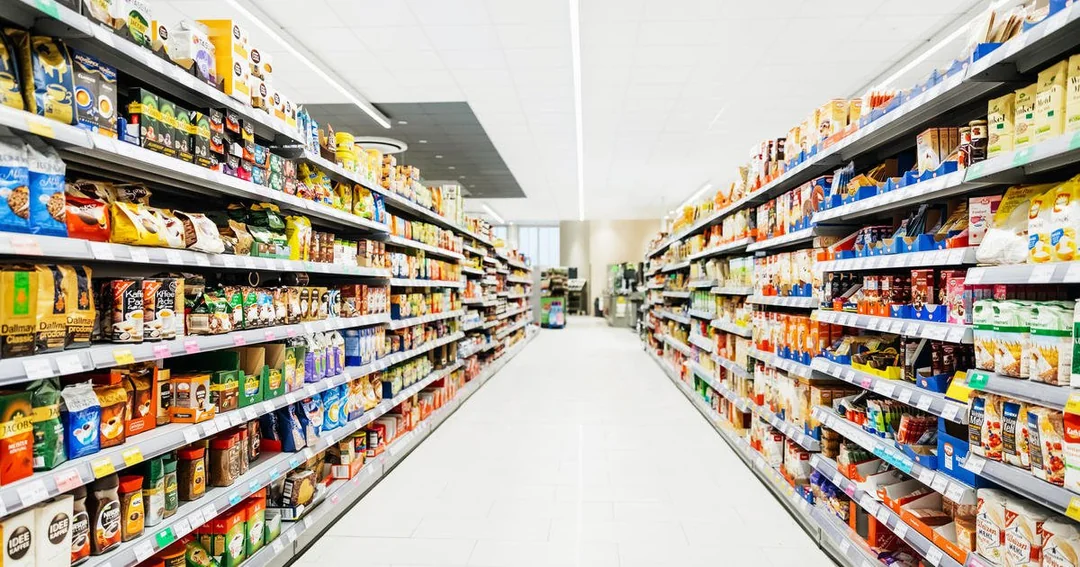
Image source: Reddit
Some food additives, such as monosodium glutamate (MSG), artificial colors, and preservatives, can trigger inflammatory responses in the digestive tract, leading to bloating and discomfort in sensitive individuals. There are many chemicals in these additives.
21. Fried foods won't help

Image source: Reddit
Fried foods, fatty meats, and creamy sauces, take longer to digest than carbohydrates and proteins. As a result, they remain in the stomach longer, increasing the sensation of fullness and contributing to bloating. Additionally, fatty foods can stimulate the release of certain hormones that slow down digestion and may lead to bloating and discomfort.
22. Too many units of alcohol

Image source: Reddit
Alcohol irritates the lining of the gastrointestinal tract and can disrupt the balance of beneficial bacteria in the gut. It also relaxes the muscles of the digestive tract, which can slow down digestion and lead to bloating and discomfort. Carbonated alcoholic beverages, such as beer and champagne, contain bubbles that can contribute to bloating and gas.
23. Candida overgrowth in the gut

Image source: Verywell Health
Candida is a type of yeast that naturally resides in the gut. However, certain factors like prolonged antibiotic use, a diet high in sugar and refined carbohydrates, and a weakened immune system can lead to Candida overgrowth. When Candida proliferates excessively, it can cause digestive symptoms such as bloating, gas, diarrhea, and abdominal pain.
24. Delayed Gastric Emptying (Gastroparesis)
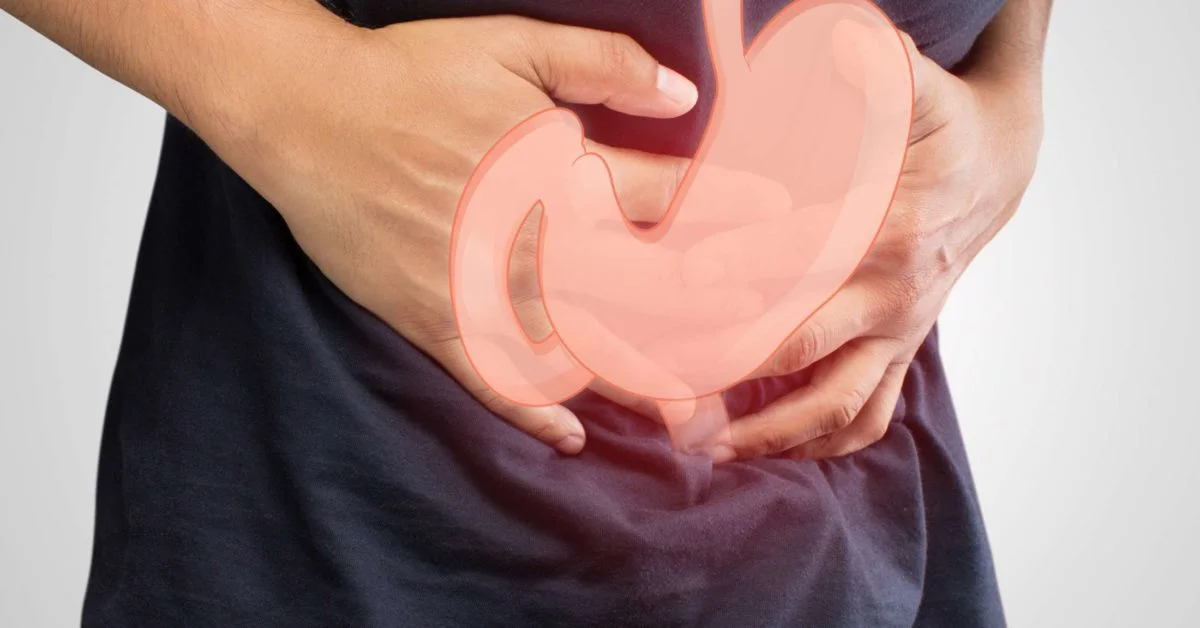
Image source: Medical News Today
Gastroparesis is a condition characterized by delayed emptying of the stomach, which can be caused by nerve damage or dysfunction of the stomach muscles. As a result, food remains in the stomach for an extended period, leading to bloating, nausea, vomiting, and early satiety.
25. Suffering with chronic stress
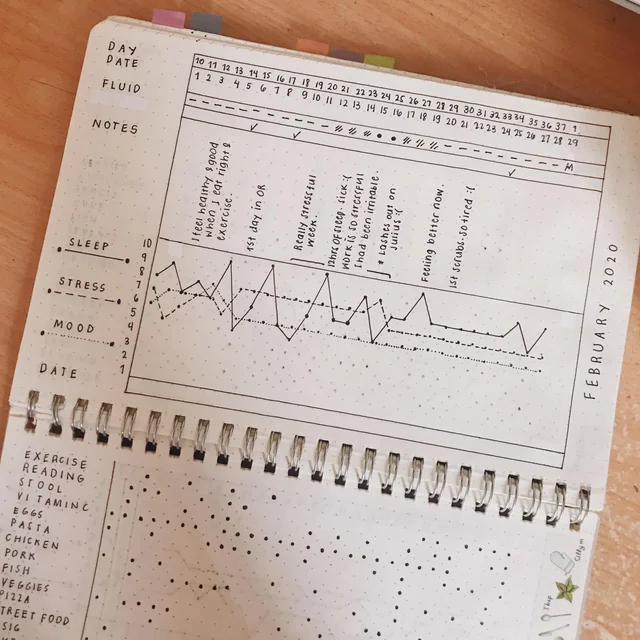 Image source: Reddit
Image source: Reddit
Chronic stress can disrupt digestion and lead to bloating and discomfort. Stress hormones like cortisol can affect gastrointestinal motility, increase sensitivity to pain and discomfort, and alter the composition of gut bacteria, contributing to bloating and other digestive issues.
26. Poor posture can compress the abdomen
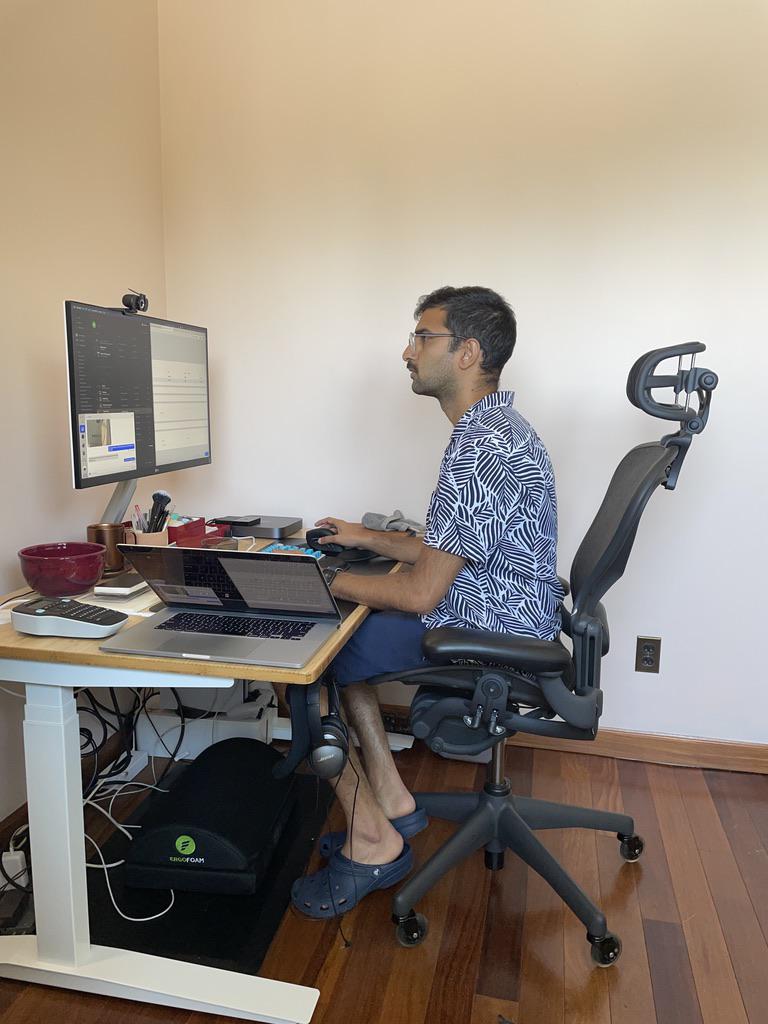
Image source: Reddit
Slouching or poor posture can compress the abdomen and restrict the movement of the diaphragm, which plays a crucial role in breathing and digestion. Improper posture can interfere with the normal functioning of the digestive organs and lead to bloating and discomfort, especially after meals.
27. Eating highly processed foods

Image source: Reddit
Highly processed foods often contain additives, preservatives, artificial sweeteners, and high amounts of added sugars and refined carbohydrates. These ingredients can disrupt the balance of gut bacteria, promote inflammation in the digestive tract, and impair digestion, leading to bloating, gas, and discomfort.
28. Food allergies can cause a number of issues

Image source: Reddit
Food allergies involve an immune response to specific proteins in food, triggering symptoms such as hives, swelling, itching, difficulty breathing, and digestive issues. In the gastrointestinal tract, allergic reactions can cause inflammation and irritation, leading to bloating, abdominal pain, diarrhea, and vomiting.
29. Thyroid disorders cause discomfort

Image source: Lemon8
Hormonal imbalances, such as thyroid disorders (hypothyroidism or hyperthyroidism) or polycystic ovary syndrome (PCOS), can affect metabolism, digestion, and fluid balance in the body. Hormonal fluctuations can lead to water retention, bloating, and abdominal discomfort, especially during certain phases of the menstrual cycle.
30. Various eating disorders

Image source: Reddit
Eating disorders like bulimia nervosa or binge eating disorder involve disordered eating patterns that can disrupt digestion and lead to bloating. Purging behaviors associated with bulimia, such as self-induced vomiting or laxative abuse, can disrupt electrolyte balance, impair digestion, and contribute to bloating and gastrointestinal distress.
31. Being lactose intolerant

Image source: BuzzFeed
Lactose intolerance is a common condition characterized by the body's inability to fully digest lactose, the sugar found in milk and dairy products. This occurs due to a deficiency in the enzyme lactase, which is needed to break down lactose into simpler sugars for absorption. When lactose remains undigested in the small intestine, it travels to the colon where it ferments, producing gas and causing bloating.
32. Fructose malabsorption can cause gas

Image source: Paleo Leap
Fructose malabsorption occurs when the small intestine is unable to absorb fructose effectively. Fructose is a type of sugar found naturally in fruits, honey, and some vegetables, as well as in high-fructose corn syrup used in many processed foods and beverages. When undigested fructose reaches the colon, it can ferment and produce gas, leading to bloating.
33. Sorbitol and mannitol found in diet foods
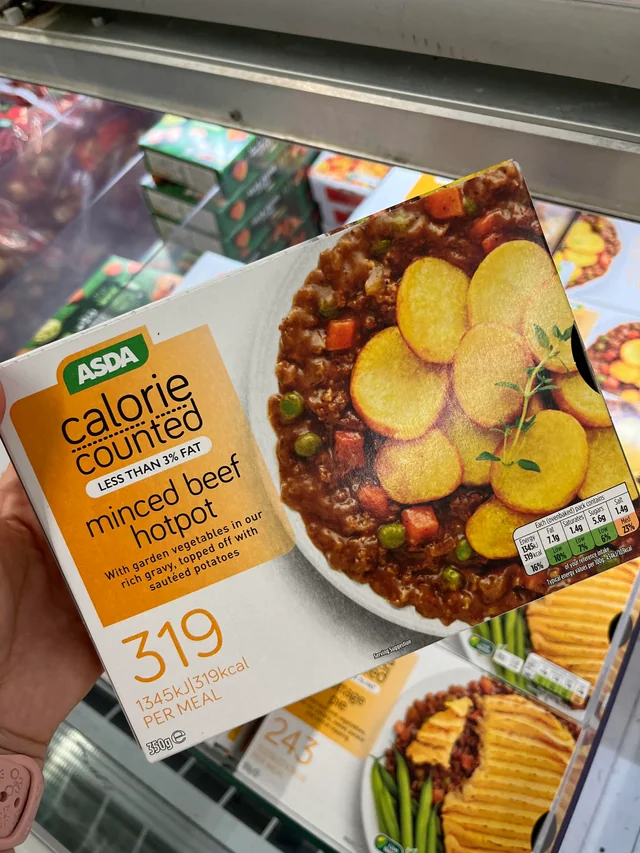
Image source: Reddit
Sorbitol and mannitol are sugar alcohols used as sweeteners in sugar-free gum, candies, and certain diet foods. While they provide sweetness without adding calories, these sugar alcohols are poorly absorbed in the small intestine. As a result, they can reach the colon where they are fermented by bacteria, leading to gas production, cramps and bloating.
34. Menstrual bloating which many women experience

Image source: Reddit
Bloating and water retention in the days leading up to menstruation, referred to as menstrual bloating. Hormonal changes, particularly fluctuations in oestrogen and progesterone levels, can lead to fluid retention in the body's tissues, including the abdomen, breasts, and extremities.
35. Premenstrual syndrome (PMS)

Image source: Reddit
Premenstrual syndrome (PMS) encompasses a range of physical and emotional symptoms that occur in the days or weeks leading up to menstruation. Bloating is a common symptom of PMS and is believed to be related to hormonal changes during the menstrual cycle.
36. Do you find yourself in a high stress environment?

Image source: Reddit
Chronic stress can have a significant impact on the body's digestive system and contribute to symptoms of bloating and discomfort. When the body is under stress, the release of stress hormones like cortisol and adrenaline can affect digestive processes, leading to changes in gut motility, blood flow, and nutrient absorption.
37. Insufficient water intake
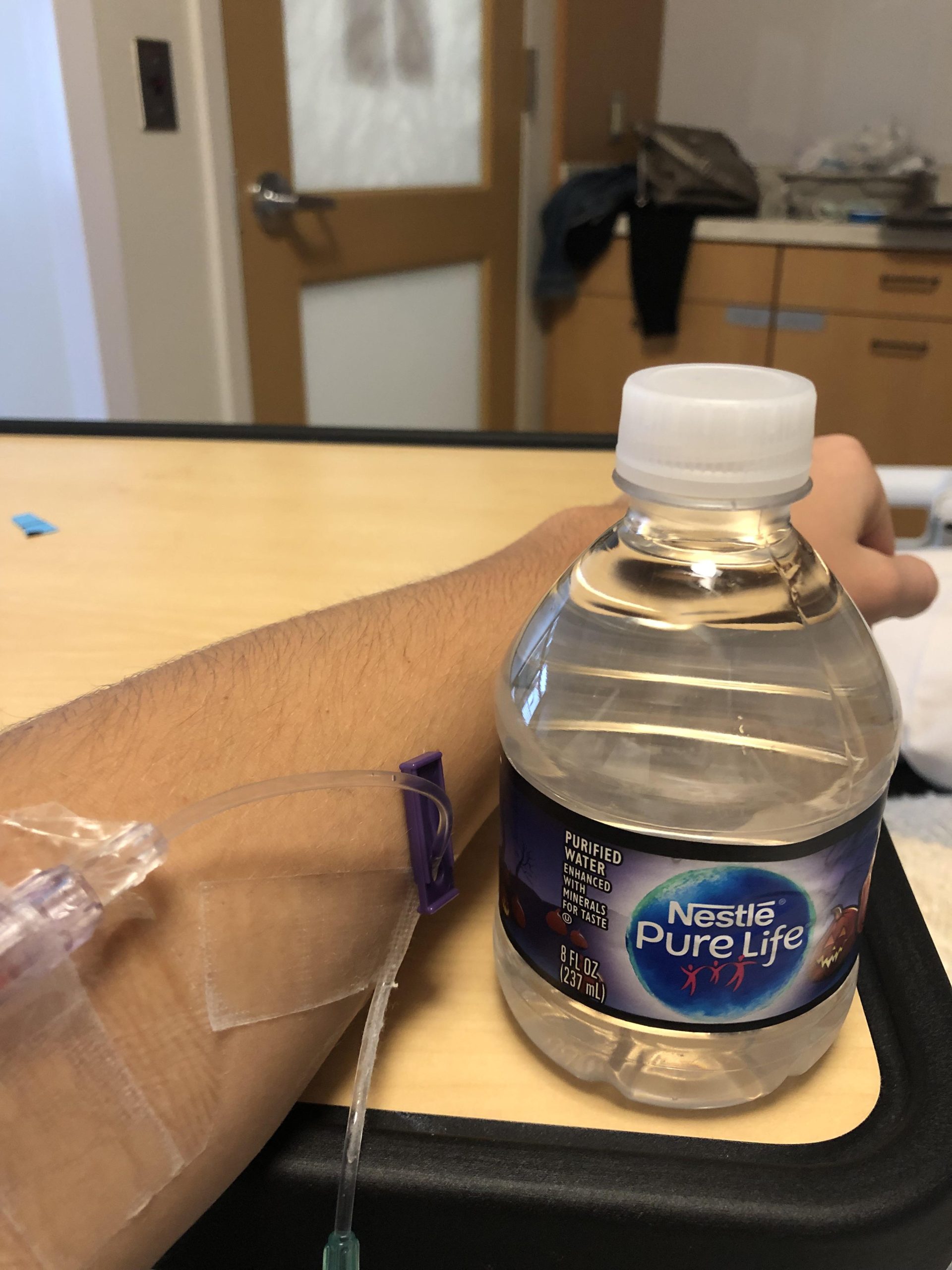
Image source: Reddit
Adequate hydration is essential for maintaining proper digestive function and preventing bloating and constipation. When the body is dehydrated, it can lead to sluggish digestion and reduced bowel motility, which can contribute to bloating and discomfort. Drinking plenty of water throughout the day helps keep the digestive system functioning smoothly.
38. Possible drawbacks of a high protein diet
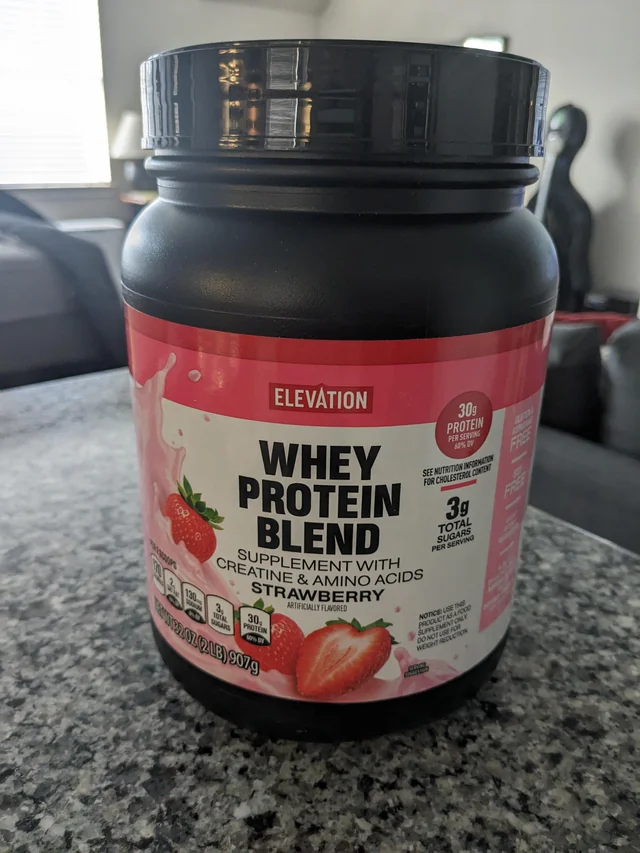
Image source: Reddit
While protein is an essential nutrient for building and repairing tissues, diets high in protein, especially animal proteins like meat and dairy, can be difficult for some individuals to digest. Protein requires more time and energy to digest compared to carbohydrates and fats, and excess protein can ferment in the colon, producing gas and causing bloating and discomfort.
39. Prescribed antibiotics
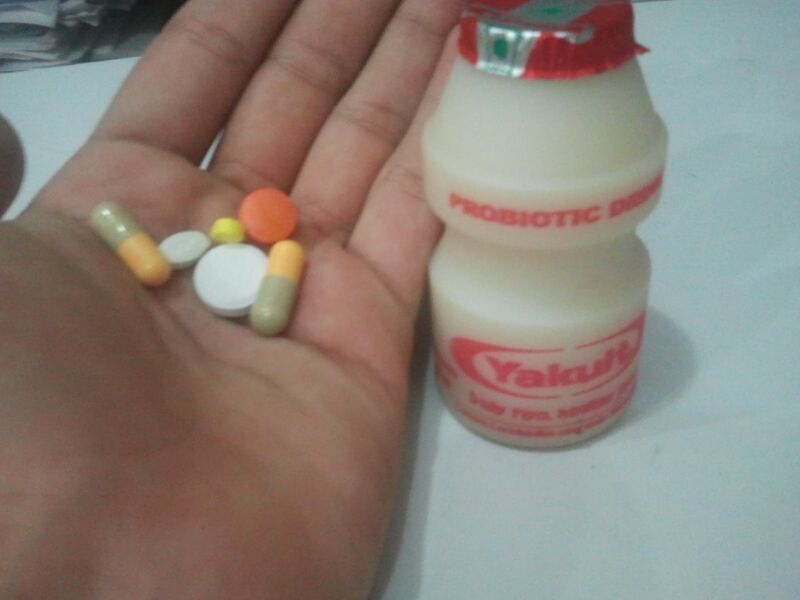
Image source: Reddit
Antibiotics are medications used to treat bacterial infections by killing or inhibiting the growth of harmful bacteria. However, antibiotics can also disrupt the balance of beneficial bacteria in the gut, leading to an overgrowth of harmful bacteria and yeast. This imbalance, known as dysbiosis, can result in digestive symptoms including bloating.
40. Intestinal parasites

Image source: Reddit
Intestinal parasites are organisms that live in the gastrointestinal tract and can cause infections in humans. Common intestinal parasites include giardia, cryptosporidium, roundworms, and tapeworms. Infections with intestinal parasites can lead to gastrointestinal symptoms including bloating.
41. What can you do to reduce risk of bloating? -
Eat smaller, more frequent meals
Image source: Reddit
Eating smaller meals throughout the day instead of large, heavy meals can help prevent bloating. Large meals can put a strain on your digestive system, leading to slower digestion and increased gas production. By eating smaller portions, you give your digestive system a chance to process food more efficiently.
42. Chew your food thoroughly
 Image source: NBC News
Image source: NBC News
Proper chewing is essential for good digestion. When you chew your food thoroughly, it gets broken down into smaller pieces, making it easier for your stomach and intestines to digest. Additionally, thorough chewing helps release saliva, which contains enzymes that kick-start the digestion process in the mouth.
43. Limit carbonated beverages
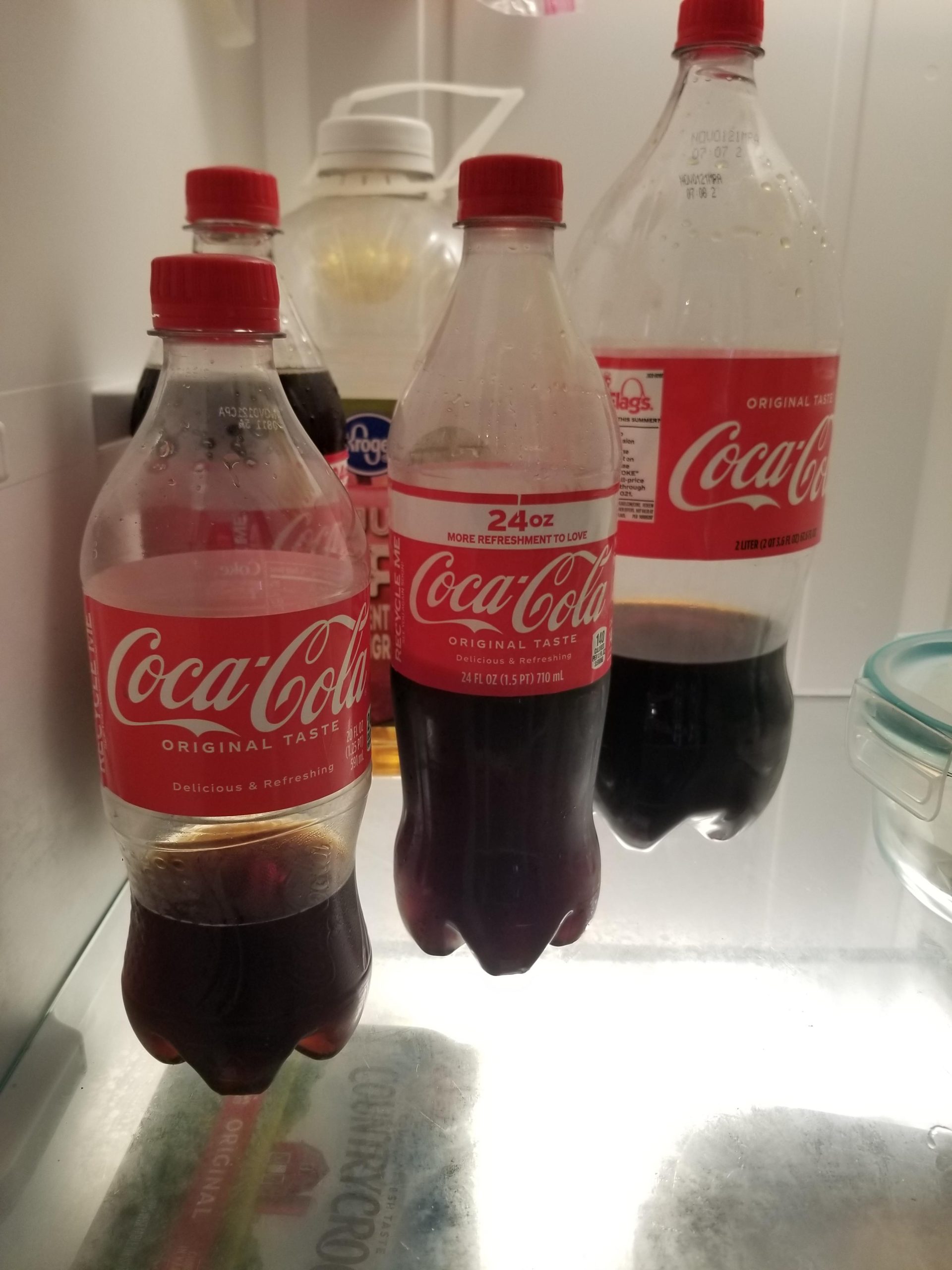 Image source: Reddit
Image source: Reddit
Carbonated drinks contain carbon dioxide gas, which can get trapped in your digestive system and lead to bloating. Avoiding or limiting your intake of carbonated beverages like soda, sparkling water, and fizzy drinks can help reduce bloating. Fresh tap water is best!
44. Watch your fiber intake
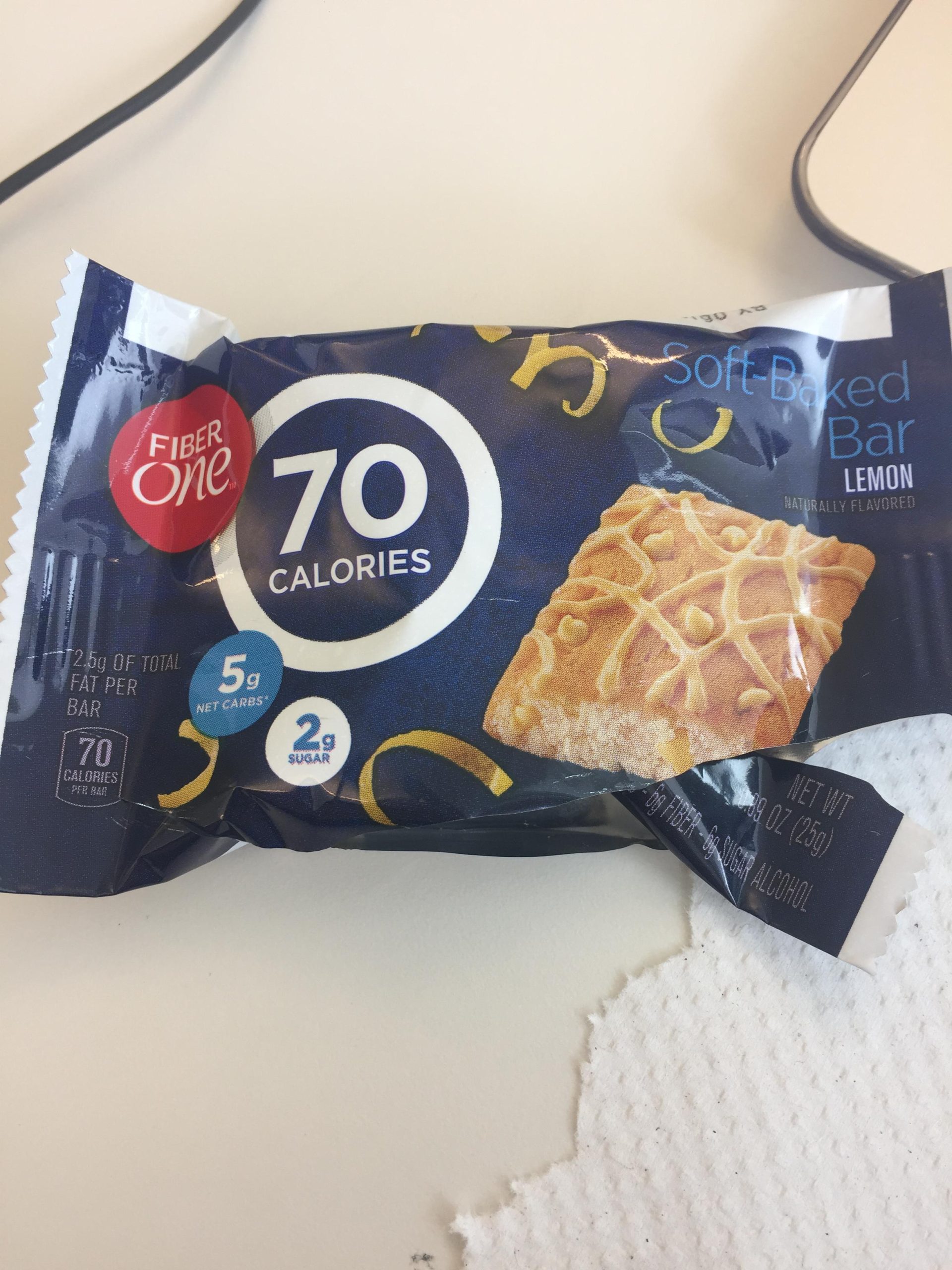 Image source: Reddit
Image source: Reddit
Fiber is important for digestive health, but consuming too much fiber too quickly can lead to bloating and gas. Gradually increase your fiber intake over time and make sure to drink plenty of water along with high-fiber foods to help move fiber through your digestive system more easily.
45. Stay well hydrated
 Image source: Reddit
Image source: Reddit
Drinking an adequate amount of water is crucial for proper digestion and can help prevent constipation, which is a common cause of bloating. Aim to drink at least 8 glasses of water per day, and more if you're physically active or in hot weather. Herbal teas and water-rich foods like fruits and vegetables can also contribute to your daily hydration needs.
46. Limit gas-producing foods
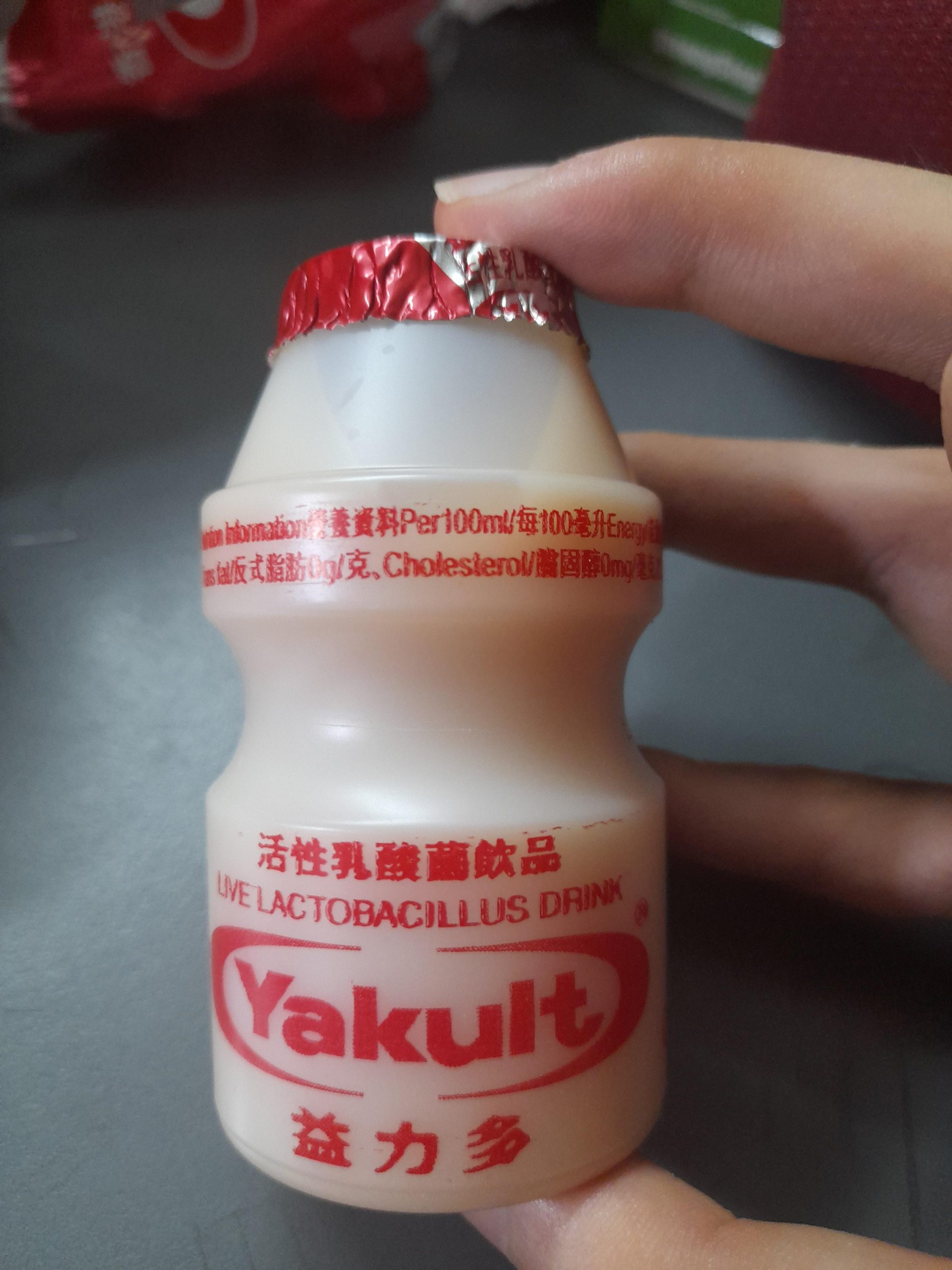
Image source: Reddit
Some foods are notorious for causing gas and bloating, including beans, lentils, broccoli, cabbage, onions, and certain fruits. While these foods are nutritious and should be part of a balanced diet, limiting your intake or pairing them with digestive aids like herbs or spices can help minimize bloating.
47. STOP chewing gum!

Image source: Reddit
Chewing gum can cause you to swallow air, which can lead to bloating and gas build up in your digestive system. If you enjoy chewing gum, try cutting back or switching to a sugar-free variety to reduce the amount of air you swallow. You can gradually ween yourself off it.
48. Be mindful of food intolerances

Image source: Reddit
Food intolerances, such as lactose intolerance or gluten intolerance, can cause digestive symptoms like bloating, gas, and diarrhea. If you suspect you have a food intolerance, consider keeping a food diary to track your symptoms and identify trigger foods. Eliminating or reducing your intake of problematic foods can help alleviate bloating and discomfort.
49. Limit sodium intake
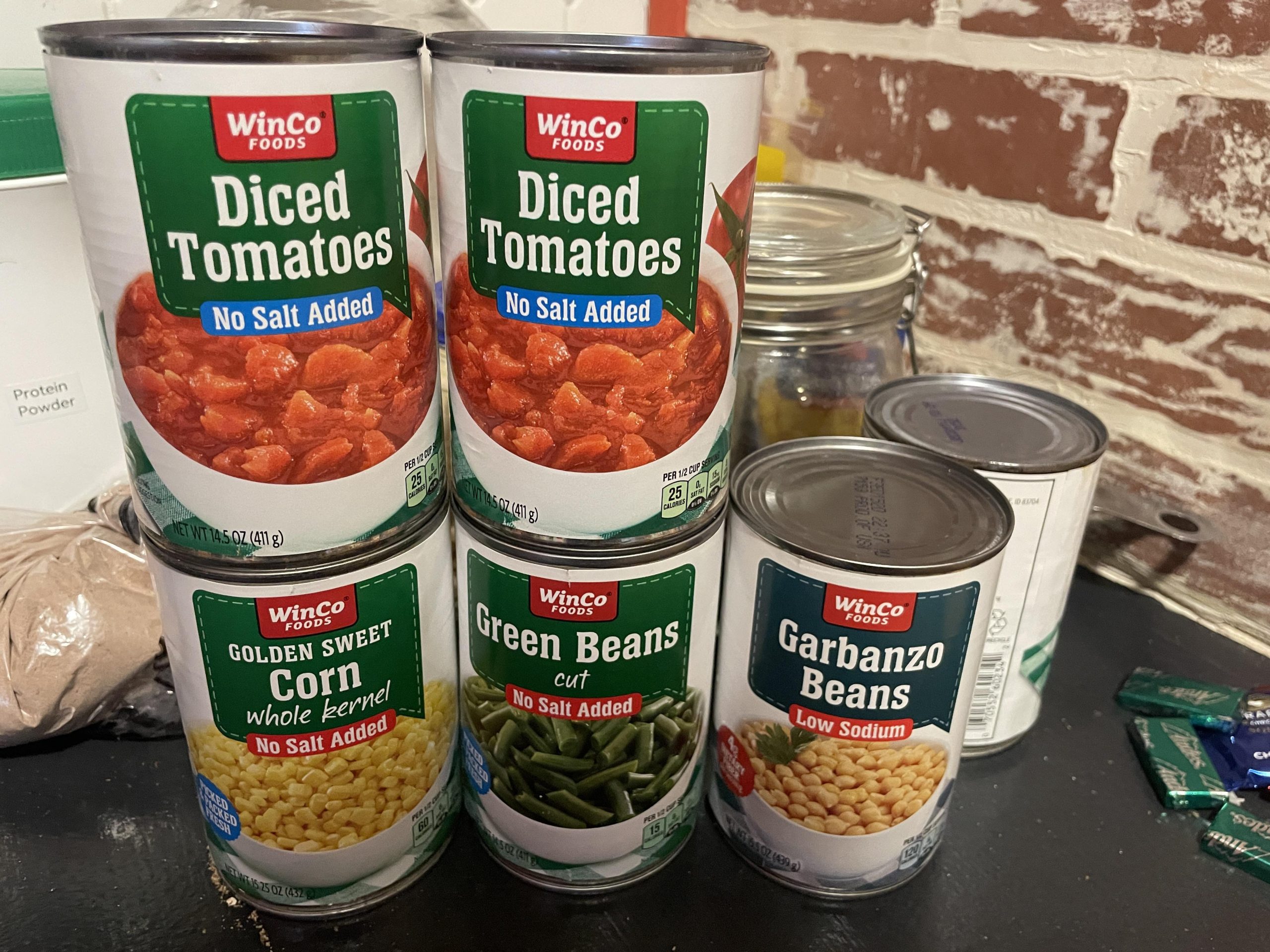
Image source: Reddit
High-sodium foods can cause your body to retain water, leading to bloating and puffiness. To reduce bloating, limit your intake of processed foods, canned soups, salty snacks, and fast food, which are often high in sodium. Instead, opt for fresh, whole foods and season your meals with herbs, spices, lemon juice, or vinegar instead of salt.
50. Try and manage stress
 Image source: Reddit
Image source: Reddit
Chronic stress can disrupt digestion and exacerbate symptoms of bloating. Incorporating stress-reducing techniques like deep breathing, meditation, yoga, or spending time outdoors into your daily routine can help calm your nervous system and promote healthy digestion.
























 Image source: Reddit
Image source: Reddit















 Image source: NBC News
Image source: NBC News Image source: Reddit
Image source: Reddit Image source: Reddit
Image source: Reddit Image source: Reddit
Image source: Reddit



 Image source: Reddit
Image source: Reddit